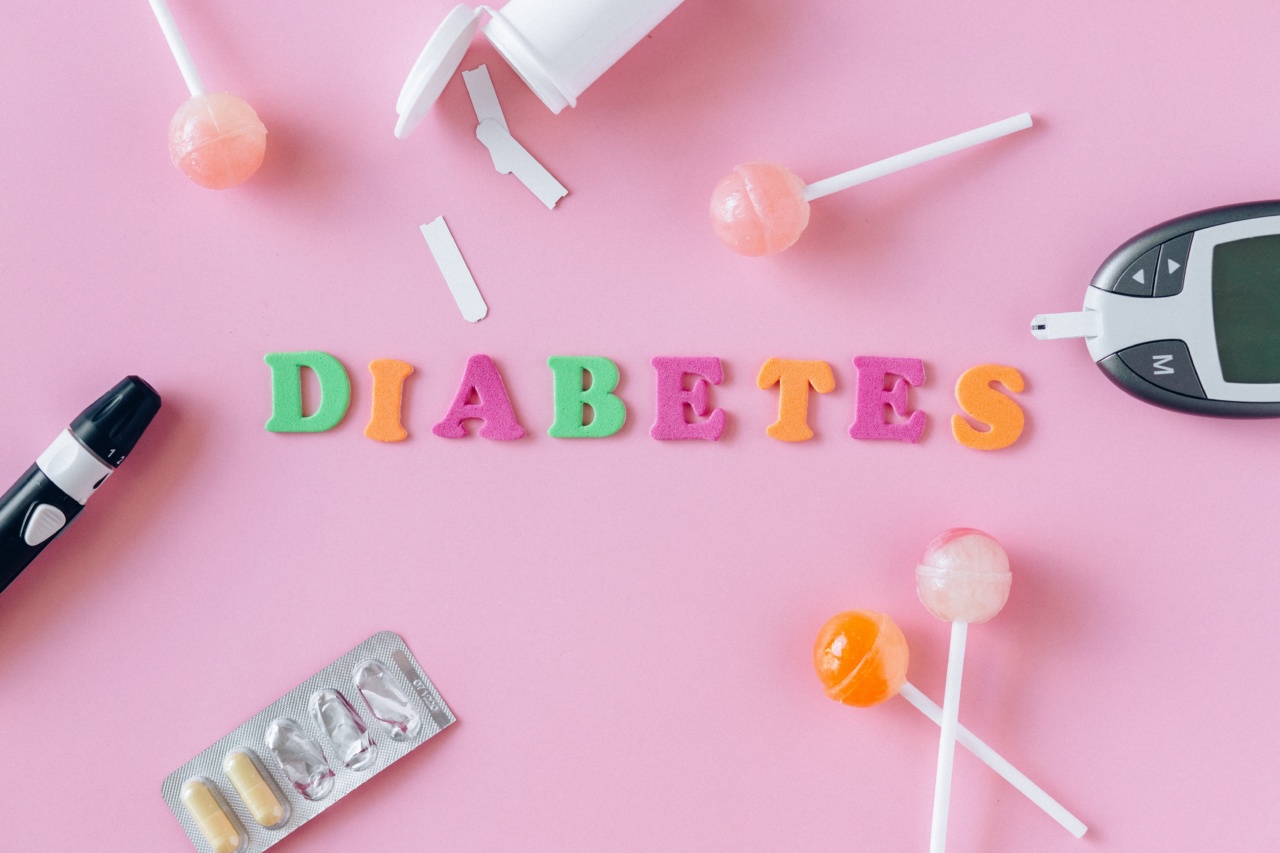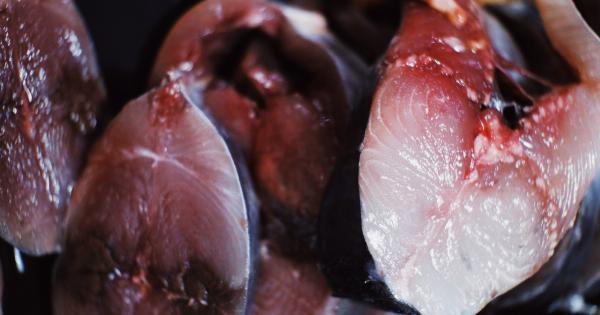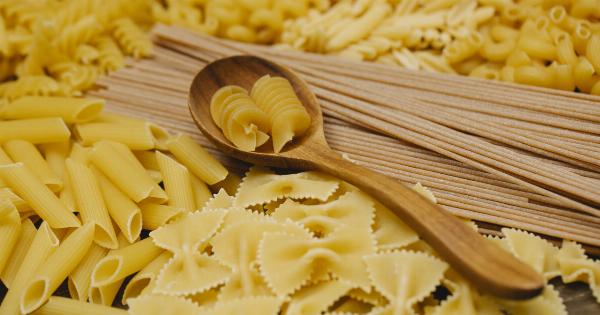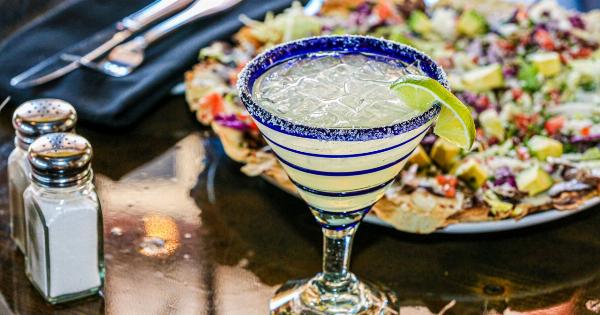Our blood type is determined by the presence or absence of specific antigens on the surface of our red blood cells. These antigens can have a significant impact on our overall health and well-being.
In fact, recent research suggests that our blood type can influence our susceptibility to certain diseases, as well as how our bodies respond to various nutrients and foods.
Blood Type O
Individuals with blood type O are often referred to as the “hunters” of the blood types. This ancestral blood type is believed to have originated with our early human ancestors who were hunter-gatherers.
As such, blood type O individuals may thrive on a high-protein diet that includes lean meats, seafood, and vegetables. They may also benefit from vigorous exercise routines that mimic the physical demands of hunting and gathering.
Blood Type A
People with blood type A are said to have more of an agricultural heritage. It is believed that blood type A emerged with the advent of agriculture and the transition to a more plant-based diet.
Individuals with blood type A may find that a primarily vegetarian diet, rich in fruits, vegetables, and whole grains, suits their bodies best. They may also benefit from stress-reducing activities such as yoga or meditation.
Blood Type B
Blood type B is considered to be more adaptable and flexible. This blood type is thought to have originated with nomadic tribes who relied on both animal protein and plant foods for sustenance.
Individuals with blood type B may find that a balanced diet that includes a variety of foods suits them well. Regular physical activity, such as hiking or cycling, may also be beneficial for blood type B individuals.
Blood Type AB
People with blood type AB are said to have a more modern blood type, evolved from a mixture of blood types A and B. As a result, individuals with blood type AB may have characteristics of both blood types A and B.
They may benefit from a diet that combines the recommendations for blood types A and B, with a focus on whole foods and variety. Activities such as swimming or tai chi may also be well-suited for blood type AB individuals.
The Research Behind Blood Type Nutrition
While the concept of blood type nutrition may seem intriguing, it is important to note that the scientific evidence supporting it is limited. Most of the studies on this topic are small and have not been replicated on a larger scale.
Additionally, many experts argue that factors such as genetics, overall diet quality, and lifestyle habits have a more significant impact on our health than blood type alone.
However, there is some research suggesting that blood type can influence certain physiological factors.
For example, studies have found that individuals with blood type A may have a higher risk of developing certain types of cancer, while those with blood type O may have a lower risk. Additionally, some research suggests that certain blood types may be more prone to inflammation or have a higher likelihood of developing certain conditions such as heart disease or autoimmune disorders.
As for the dietary recommendations specific to each blood type, the evidence is mixed. Some studies have found that following a blood type-specific diet can lead to improvements in certain health markers, such as cholesterol levels or blood pressure.
However, other studies have found no significant differences in health outcomes between individuals who follow a blood type diet and those who do not.
Individual Variability
It is also important to recognize that individual variability plays a significant role in our dietary needs and responses. While blood type may provide some general guidance, each person is unique, and one size does not fit all.
Factors such as age, sex, activity level, underlying health conditions, and personal preferences should also be considered when making dietary choices.
Furthermore, it is crucial to prioritize basic principles of healthy eating that are supported by substantial scientific evidence.
These principles include consuming a variety of whole foods, emphasizing fruits and vegetables, choosing lean protein sources, incorporating healthy fats, and limiting added sugars and processed foods. By focusing on these principles, individuals can create a well-rounded and nutritious diet that supports their overall health, regardless of blood type.
The Bottom Line
While blood type nutrition may be an intriguing concept, the scientific evidence supporting its effectiveness is limited.
While some studies have suggested a link between blood type and certain health markers or disease risk, more research is needed to establish firm conclusions. Additionally, individual variability and other factors play significant roles in determining our dietary needs and responses.
Therefore, it is important to focus on evidence-based principles of healthy eating that benefit individuals of all blood types.





























